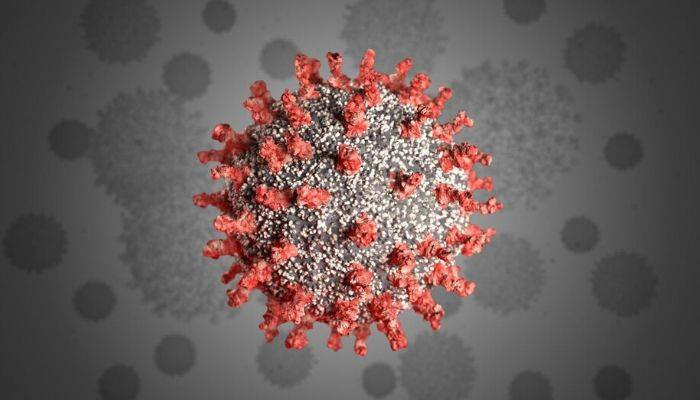Warm weather may have helped suppress coronavirus. #medRxiv.org
 Recent leaked comments attributed to Professor John Nicholls from the University of Hong Kong’s Department of Pathology suggest he believes weather conditions will be a key factor in the demise of the coronavirus. |

Woman who suffered flesh-eating disease after insect bite receives a face transplant
83504.02.2026, 00:07
India rushes to contain deadly Nipah virus outbreak after five cases confirmed
91124.01.2026, 20:43
Thousands of NYC nurses strike for better staffing and pay (video)
85912.01.2026, 23:38
Nestle issues global recall of some baby formula products over toxin fears
121807.01.2026, 20:43
Air pollution India's biggest health crisis since Covid, warn doctors
133126.12.2025, 17:41
"What Is This Mushroom?"... Japanese Man Trusts AI, Ends Up in Emergency Room
141527.11.2025, 22:53
